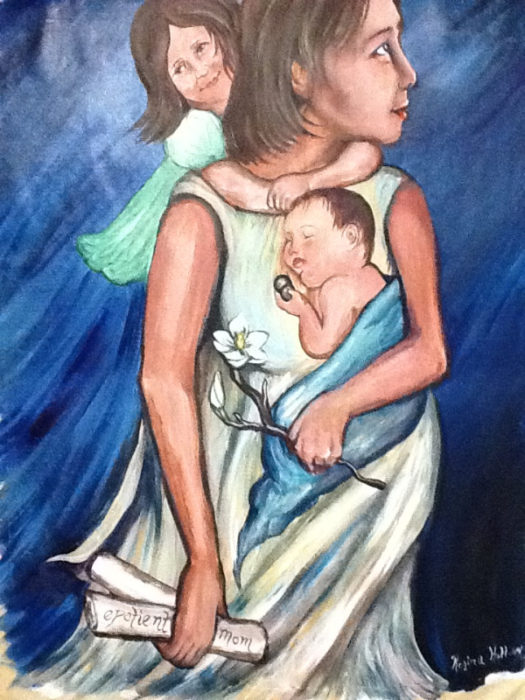Lee Rainie, director of the Pew Internet Project, presented this wonderful overview of the Project’s health findings at Providence St. Joseph Medical Center in Burbank, CA, on January 12. The Rise of the e-Patient View more presentations from Pew Research Center’s Internet & American Life Project Another summary of the Project’s health research is the […]
For some people, it’s still 1994
Here’s a question which inspired me today, received via email from Christie Silbajoris, director of NC Health Info: My library is rethinking its provision of services to the public. We’ve got a history of going beyond what the average academic health sciences library provides in this area but in this age of budget cuts (and […]
World AIDS Day
Mark Senak’s post, “World AIDS Day: The Past Cannot Be the Future,” inspired me to write an epic comment about different perspectives on illness and care delivery, so I adapted and expanded it to share here: I recently read Susan Sontag‘s two essays, “Illness as Metaphor” (about TB & cancer, published in 1977) and “AIDS […]
Health Info Have-Nots
I just published a quick take on who doesn’t gather health information online, including the stark finding that three-quarters of U.S. adults who have less than a high school education say they do not get health information online. One survey question I cited dates back to 2002, but I think it is still interesting. Here’s […]
Conference Season: Patients and Caregivers Welcome
We are deep into the fall conference season. One of my favorite trends is the increasing rate of inclusion of patients and caregivers at health care events, on stage or in the audience. The California HealthCare Foundation was a pioneer in this regard. Patients 2.0, an off-shoot of Health 2.0, and e-Patient Connections represent a […]
Peer-to-peer Healthcare at Medicine 2.0
This post was published in 2011 and the themes ring true today. Only the survey data is out of date. For updated technology adoption trends, follow @PewInternet or refer to their fact sheets. A 2018 national survey found that half of young adults seek peer health advice online. I was honored to give the closing […]

Recent Comments